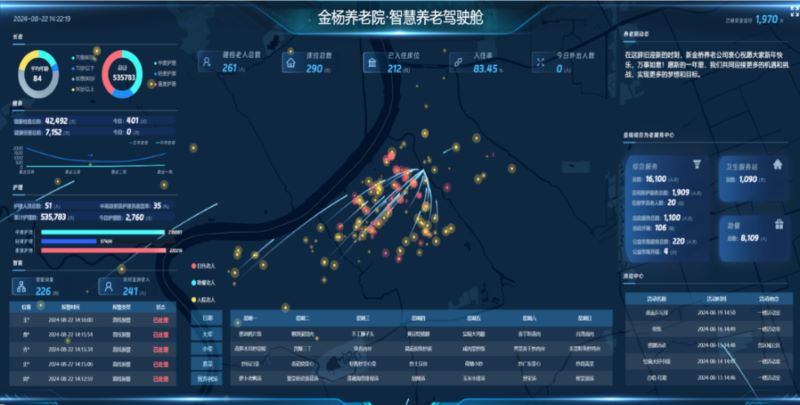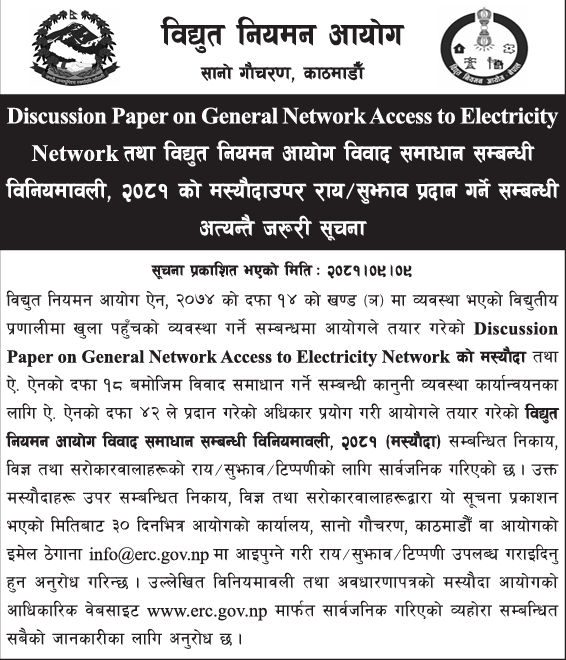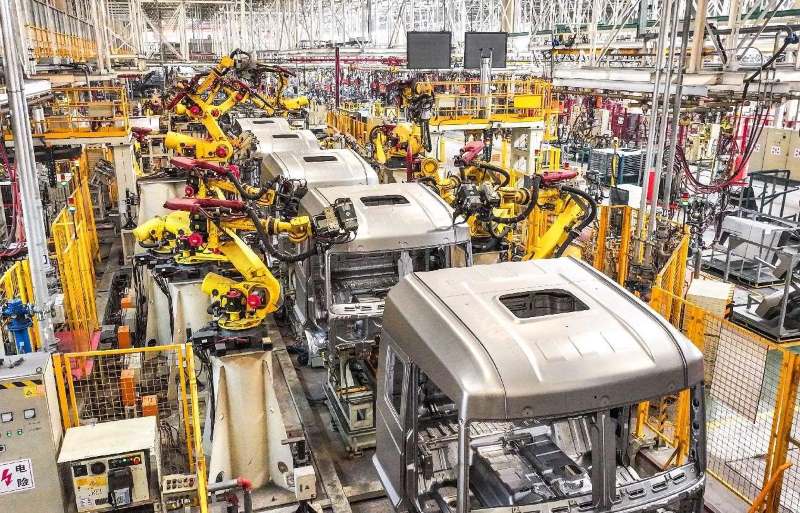Shanghai embraces smart technology to build intelligent elderly care homes

Agency : It was just past midnight at Jinyang elderly care home in Shanghai's Pudong New Area when nurse Zhao Zhanping received an alert on her phone, indicating that Wang Mingxiang on Bed No.2, Room 324 needed immediate attention as abnormal blood pressure was detected. Zhao rushed to the room without hesitation.
The first to detect the issue wasn't a caregiver but a smart mattress under the elderly resident. At the same time, Wang's family received the same alert on their phones.
Thanks to the real-time monitoring system, Wang, who has a history of cerebral infarction, was promptly taken to hospital and treated in time.
At Jinyang elderly care home, smart mattresses represent just one of many intelligent devices now integrated into daily operations. In the lobby of the facility stands a large electronic display, an information system that provides real-time monitoring of residents' health statuses, clearly showing the time, location, and status of any risks and interventions.
"While this system serves as the brain of our operations, the smart devices installed throughout the facility function like eyes and skin—constantly sensing and feeding information back to the center," explained Chen Xue, director of the care home.
"Bathrooms and showers are high-risk areas for falls. The ceiling lights here double as 'electronic radars' as they illuminate the room and also detect falls or other emergencies," Chen told People's Daily.
Shanghai is one of China's most rapidly aging cities. According to municipal plans, the city aims to establish at least 100 smart care homes by the end of 2025, with more than 70 already built so far.
"The original purpose of building smart elderly care homes in Shanghai is to enhance institutional efficiency and improve service delivery through technology," said Li Sujin, deputy director of the elderly services division at the Shanghai Civil Affairs Bureau.
According to Li, Shanghai is expanding the implementation of tech-enabled elderly care products in institutions, and building a more professional, efficient, and integrated smart care ecosystem.
For frontline workers like caregiver Chen Juxiu, the digital transformation has already made a noticeable difference.
While assisting 96-year-old Zhong Jianmei with bathing, Chen simply pressed a button and a robotic transfer device co-developed by the care home and a tech firm automatically lowered its arms and footrests to lift the resident from her wheelchair and move her into the shower area.
"Assisting seniors with limited mobility used to be really challenging," Chen recalled. "I remember once it took four caregivers to lift a 90-kilogram resident. Now, with this robot, one person can safely complete the task—less physical strain, lower risk."
Jinyang elderly care home is managed by Puhui Pension Service, which oversees 16 facilities. "Staff shortages and an aging workforce are real challenges," said general manager Gao Wanjie. "With smart devices taking over repetitive, physically demanding tasks, our caregivers can focus more on providing personalized, high-quality services, and on addressing the emotional needs of our residents."
For 95-year-old He Junmian, one of the first residents to move into the upgraded smart facility, the change is evident: "Caregivers now have more time to talk with us, and the service feels warmer and more attentive," she said. Her old call bell has been replaced with a visual intercom system, making it easier to reach staff when assistance is required.
From obstacle-avoidance wheelchairs and robot servers to AI-powered chess companions, smart eldercare homes are introducing a growing array of age-friendly innovations that benefit both residents and staff.
"With continued innovation and new technologies being applied, we envision future care homes evolving into elderly care industry hubs," Gao added.
According to Chen Xue, the average monthly fee at Jinyang is around 5,000 yuan ($694), a mid-to-low price by Shanghai standards. "Our prices haven't increased with the smart upgrades," she noted.
But she also emphasized: "When using smart technologies, we must always take into account how residents feel. Technology can never fully replace the warmth of human care. A truly intelligent care home must combine efficiency with empathy."
-By Huang Xiaohui, People's Daily















प्रतिकृया दिनुहोस